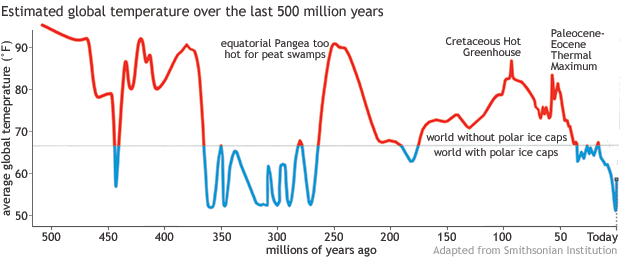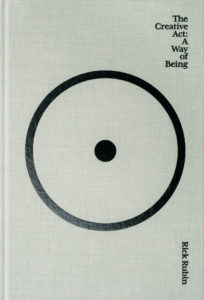Guest Post: Oppenheimer – Not The Morality Of The bomb
Written by Martin Sand & Karin Jongsma
The recently released Christopher Nolan movie “Oppenheimer” proves to be a phenomenal movie that deserves being watched on screen. Despite its 3 hours length, “Oppenheimer” is an intriguing portrayal of a genius, albeit somewhat narcissistic character, who – in the second half of the movie – seemingly regrets being involved in the development and deployment of the atomic bomb. “Oppenheimer” is much more than a biography of a memorable scientist; it’s a tale of the complex relation between science and politics, and the complexity of moral decision-making in an uncertain world faced with unprecedented suffering and cruelty. It provides insights into how the political climate in the “era of ideologies” (Karl Dietrich Bracher) could make it difficult for scientists to have left-leaning views, while pursuing successful scientific careers in the US. Those times and experiences are worth recollecting, also for ongoing discussions about censorship and academic freedom.Read More »Guest Post: Oppenheimer – Not The Morality Of The bomb


